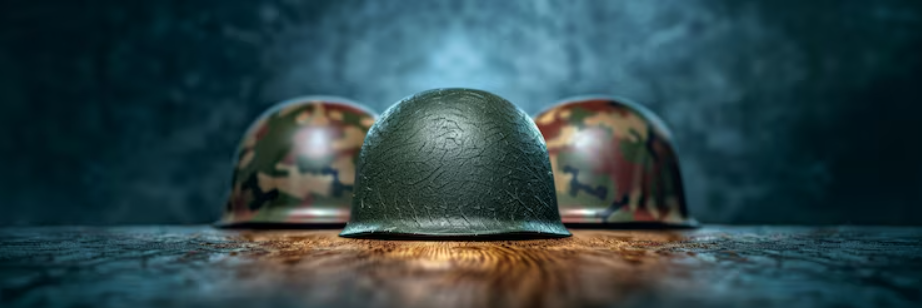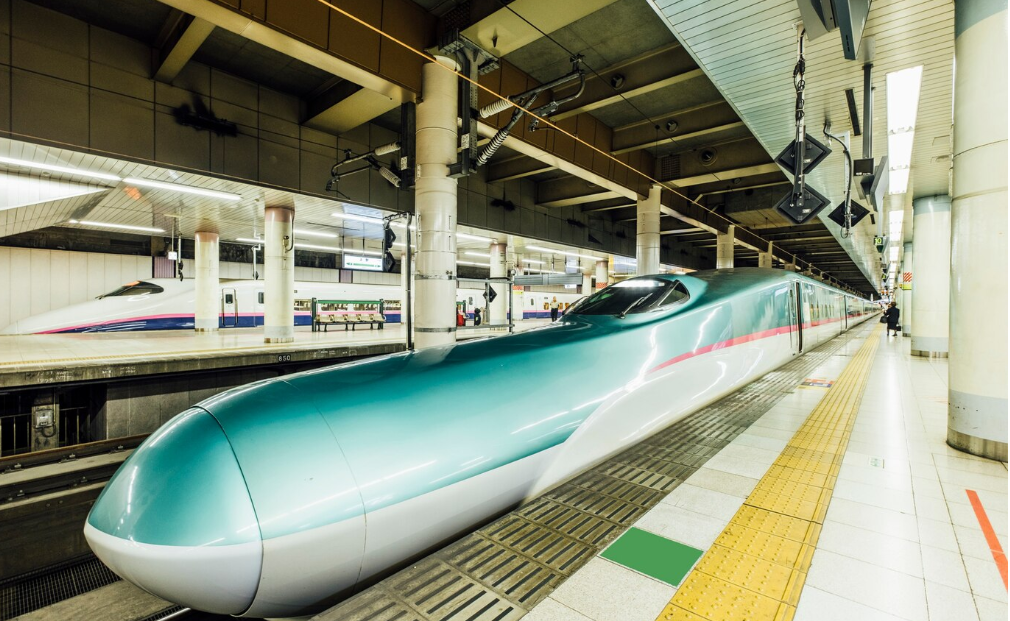More than two decades after Nigeria returned to democratic governance, the streets of its capital city, Abuja, continue to reflect the legacy of its military past. Despite 26 years of civilian rule since the transition in 1999, major roads and landmarks in Abuja still bear the names of former military rulers, sparking renewed debate about the country’s reconciliation with its authoritarian history.
From Barracks to Boulevards: A Capital Built by the Military
Abuja, Nigeria’s purpose-built capital, was conceptualized in the 1970s under the military regime of General Murtala Muhammed, and its development was heavily shaped by subsequent military leaders. As a result, key infrastructure and roads were named after those who ruled by decree rather than the ballot.
Notable examples include:
-
Yakubu Gowon Crescent – Named after General Yakubu Gowon, who led Nigeria during the civil war (1966–1975).
-
Muhammadu Buhari Way – Honoring General Buhari long before his 2015 civilian election.
-
Sani Abacha Expressway – Named after Nigeria’s most controversial dictator, despite his regime’s record of human rights violations and alleged looting of billions.
-
Ibrahim Babangida Boulevard – Commemorates the general who annulled Nigeria’s most credible election in 1993.
A Democratic Paradox
Civilian administrations, from President Olusegun Obasanjo to President Bola Tinubu, have taken limited steps to reevaluate these symbolic gestures. Critics argue that continuing to celebrate military figures through public space undermines the values of democracy, accountability, and human rights that civilian rule is supposed to uphold.
According to Dr. Ayo Olorunfemi, a political historian at the University of Abuja, “The military’s grip on Abuja’s street names is not just symbolic—it represents a broader failure to critically examine our past and redefine national values.”
Why the Names Persist
Several reasons explain the lingering presence of military names:
-
Foundational Influence: Military rulers were instrumental in physically building Abuja, and many monuments were named during their reign.
-
Political Sensitivities: Renaming streets may be seen as an attack on northern or military heritage, given that many of the junta leaders hailed from the northern region.
-
Lack of Political Will: Nigerian leaders have avoided politically divisive decisions, focusing on present governance rather than addressing historical legacies.
Rewriting the Public Space?
In recent years, civic groups and human rights advocates have begun calling for the renaming of streets to reflect democratic icons, civil rights leaders, writers, scientists, and cultural figures.
Suggestions include:
-
Honouring Moshood Abiola, winner of the annulled 1993 election, beyond the current Democracy Day holiday.
-
Recognizing figures like Chinua Achebe, Funmilayo Ransome-Kuti, or Dr. Ameyo Adadevoh for their societal contributions.
-
Including civil society organizations in future naming decisions.
The Road Ahead
As Nigeria continues to grapple with democratic consolidation, the names etched into the capital’s roads remain a visible reminder of its authoritarian past. For many, true transformation will involve more than just elections it will mean reshaping the narratives embedded in the nation’s geography.
“Symbols matter,” said civic activist Hamzat Lawal of Connected Development (CODE). “If we want to inspire future generations, our cities should reflect the heroes of democracy, not just the generals of yesterday.”
In Summary:
Nigeria’s street signs are not just markers they are reflections of power, memory, and identity. As the nation moves forward, a more democratic and inclusive approach to public memorialization could help Nigerians reconnect with their true civic ideals.
Last Updated on June 13, 2025 by kingstar





